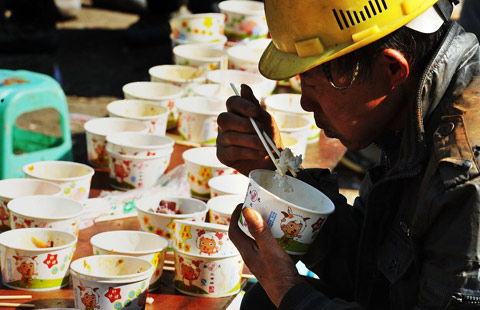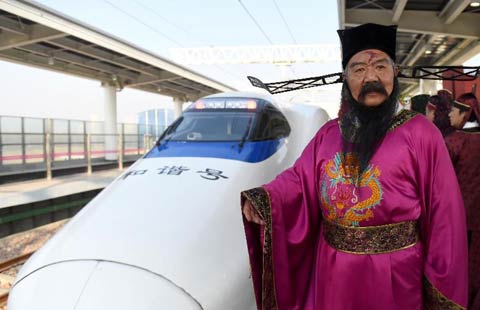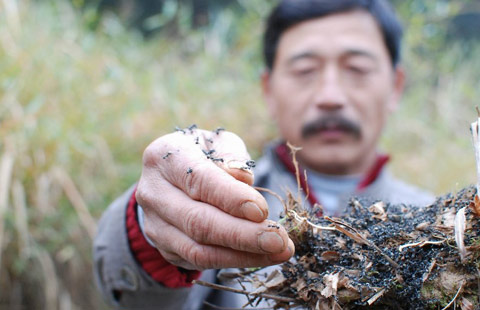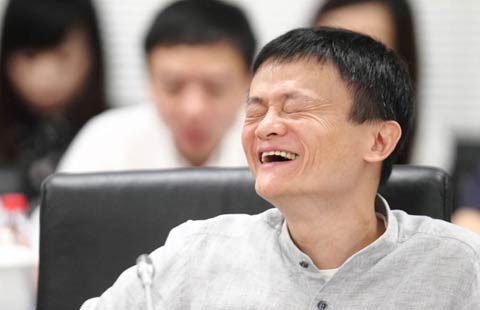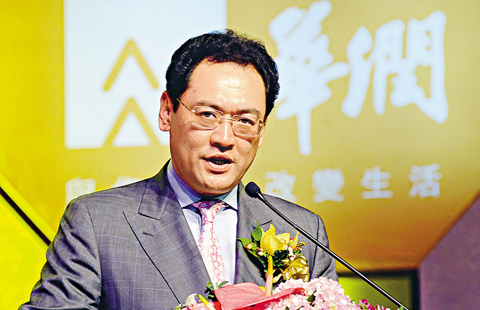Overcapacity in industrial sectors to be worried
(chinadaily.com.cn) Updated: 2014-12-30 15:58Editor's note: This year's economic expansion is widely expected to be the slowest in many years, and the central leadership envisions a "new normal" for the pace GDP growth and its structure going forward. What will unfold in 2015 - sustained, rapid expansion or an orderly transition to slower growth? China Daily asked a group of economists and analysts on their expectations for the economy in 2015.
|
 |
|
LOUIS KUIJS,CHIDF ECONOMIST IN CHINA,ROYAL BANK OF SCOTLAND PLC |
What is the most likely outcome for China's economy next year-sustained, rapid expansion or an orderly transition to slower growth?
In recent years, a gradual slowdown of trend growth and the presence of cyclical headwinds have been putting downward pressure on growth. Policymakers have started to accept the trend toward lower rates of expansion and have become more restrained when it comes to propping up growth with stimulus measures, although targeting growth remains an important aspect of policymaking.
What is the most important indicator that observers should use when judging whether a transition has taken place? How can China achieve the goal implied by that indicator?
A transition to lower growth that would probably be best indicated by growth targets being set gradually lower and met.
What is the biggest concern for the Chinese economy in 2015? How can China address that concern?
I am not too worried about a crisis or hard landing, given the macroeconomic fundamentals and buffers. For me, the largest problem is continued over investment and overcapacity in various industrial sectors and the resulting waste and misallocation of capital and other resources.
In 2015, these factors are likely to continue to affect the country's economic developments. I expect an economic growth target of 7 percent in 2015. I think that will broadly be met, supported by a mildly expansionary fiscal policy and accommodative monetary policy.
Traditional administrative efforts to reduce such overcapacity have not worked well, largely because they rely on the cooperation of parties such as local governments, whose interests do not seem to be aligned with those of the central government entities that lead the efforts.
To really reduce overcapacity, the government should rely less on administrative arrangements and more on the market. The different layers of government should retreat from direct involvement in the economy by means of subsidies and other support. Weaker companies should be allowed to go under and exit the market.
What is the most resilient part of China's economy? How can China best utilize its strengths in this area?
China is still at a stage of development where it can look forward to solid, catch-up related economic growth, as long as it is able to continue with reforms to rebalance the pattern of growth and improve the industrial structure.
- China shares close lower on Dec 30
- First China-made regional jet gets type certificate
- CNOOC's overseas LNG supply base starts operation
- China plans to extend green vehicle subsidies until 2020
- Avaya's 'Engagement' with customers
- Manufacturing needs to adapt to changes
- China's intl investment balance hits plus $1.8t
- Driving service warms up in holiday season

